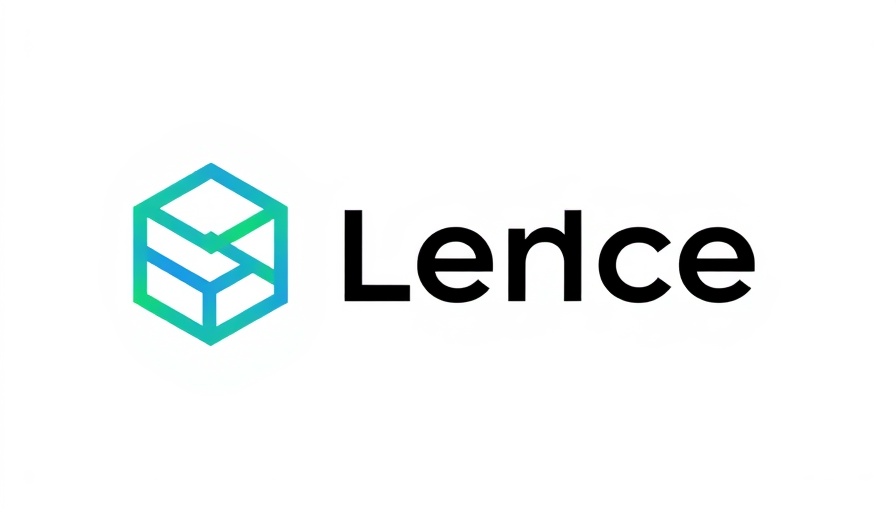
Cuts in the Pharmaceutical Workforce: Novo Nordisk’s Warning
In a significant development for the pharmaceutical industry, Novo Nordisk, the renowned producer of blockbuster weight loss drugs Ozempic and Wegovy, has announced impending job cuts that could impact various sectors within its organization. This move, while not unprecedented in the current economic climate, raises questions about the future of employment in pharma, particularly as the company transitions following a climate of fierce market competition.
Understanding the Context of Job Cuts in Pharma
The pharmaceutical sector is currently grappling with numerous challenges, from stringent regulatory environments to increasing pressure for pricing transparency. Novo Nordisk’s announcement is part of a broader trend within the industry where giants like Bayer have also indicated potential layoffs as they strive to cut costs in response to market pressures. Pfizer's CEO has voiced concerns over the need for government support, marking a significant alarm bell for the biotech industry, especially as US firms strive to compete with rapidly advancing technologies in countries like China.
Market Implications: What Job Cuts Mean for Pharma
The potential reduction of jobs at companies like Novo Nordisk could have wide-ranging implications, not just for employees but also for pharmaceutical sales trends and distribution networks. Amidst these layoffs, the market may see a shift towards more streamlined operations and greater reliance on technology to optimize productivity. The rise of automation and data analytics in pharmaceutical operations could be accelerated as companies seek to maintain profitability.
Analyzing the Response from Pharmaceutical Stakeholders
Reactions from various stakeholders, including pharmaceutical sales reps, executives, and marketers, are mixed. Some see this as a necessary move to maintain the competitiveness of established players in the biotech landscape, while others fear that these cuts could damage relationships with healthcare providers and diminish organizational knowledge over time. Pharma marketing strategies may need to evolve rapidly to address perceptions and trust issues that arise from such significant workforce changes.
Opportunities Amidst Challenges: A Silver Lining?
While layoffs often represent bleak news, they can also signal opportunities for those left standing within the industry. Pharmaceutical companies may leverage these changes to bring in fresh talent and adapt their business models to meet emerging demands. Specialty pharmacy growth, in particular, may provide pathways for innovation, as companies explore new therapeutic areas and patient engagement strategies. Understanding these dynamics is crucial for professionals navigating the changing landscape of pharmaceutical recruiting and drug commercialization.
Future Predictions: Charting a Course for Recovery
As Novo Nordisk prepares for potential cuts, industry experts predict that the landscape of pharma may soon require strategic pivots towards agile, leaner operations. Particularly in the sphere of drug launch announcements and commercial strategies, companies will need to invest in workforce training and digital tools that enhance communication with customer bases. Realigning priorities towards patient adherence and value-based care could also emerge as crucial long-term strategies amidst the backdrop of rising healthcare costs.
Conclusion: Adapting to a Shifting Landscape
With Novo Nordisk’s job cuts serving as a wake-up call for the pharma sector, industry professionals are encouraged to stay informed about evolving trends and strategies that can drive resilience and innovation. By revisiting salesforce management and exploring new marketing funnels, stakeholders can navigate these tough times effectively. The landscape of pharmaceuticals may be changing, but the commitment to find solutions that benefit patients and healthcare providers remains steadfast.
 Add Row
Add Row  Add
Add 




Write A Comment